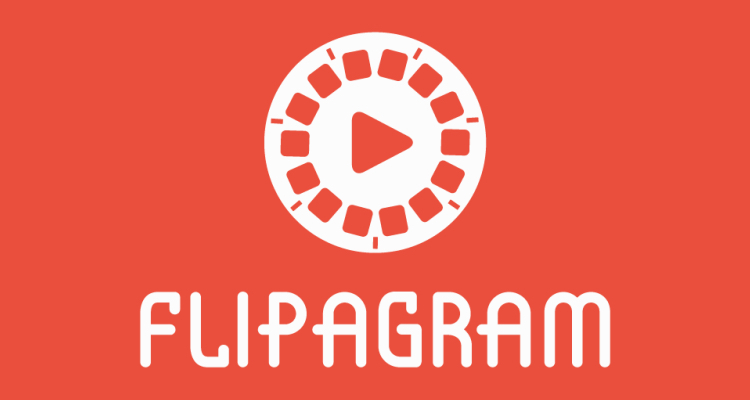Flipagram has been around since late 2013, and a big deal for years. Basically, it’s an easy-to-use photo app that allows users to create fun slideshows, usually accompanied by popular, top-charting music. It’s a lot of fun to use, and makes infinite sense given the extreme amount of photos people take every day — often in social situations.
Flipagram is now incredibly massive. The app is currently used by millions across iOS and Android, and a top-ranked free app in over 85 countries, according to the company. Even as early as 2014, it was ranked as the top free app on both the iTunes App Store and Google Play, with millions of Flipagrams created every single day.
“We did it kind of like entrepreneurs do sometimes, we kind of just did it and [figured] we’d ask for permission after.”
The only problem is that those millions of Flipagrams were largely using content without permission, with massive copyright infringement committed. And this is not a secret: even Flipagram CEO Farhad Mohit is saying it out loud with little concern. “We did it kind of like entrepreneurs do sometimes, we kind of just did it and [figured] we’d ask for permission after,” Mohit recently told Re/Code. “It took a good year and a quarter or so from the first outreach and the first set of deals coming in. It’s a very complicated rights environment that’s been created in music copyright. Suffice to say I had a pretty good education in music rights management by the end of it.”
Additionally, Mohit flatly admitted how critical music is to his core model. It’s not just an add-on, it’s a core ingredient that is absolutely necessary for Flipagram to succeed work. “At its core, a Flipagram is a video story,” Mohit waxed. “Think of it as a mini movie. Imagine a horror movie without a horror soundtrack.
“The music plays such an important role in the tonality and emotional leverage of that movie.”
These days, Flipagram enjoys licenses with major labels Warner Music Group, Sony Music Entertainment, and Universal Music Group, not to mention indie rights through the Orchard and Merlin. But what about the year-plus period before that? The unabashed admission by Mohit raises serious questions about an industry that destroys a teenaged developer with a half-backed ‘Popcorn Time’ idea, but doesn’t even touch a Sequoia-backed company with $70 million in financing.
It also underscores an industry that lacks any decipherable roadmap for how to properly license, while forgiving massive infringers who carry enough cash. Indeed, many music industry executives and rights owners were wondering for years how Flipagram had secured the necessary rights to such a massive quantity of songs, and what their secret handshake was. In fact, at least one Flipagram competitor contacted Digital Music News and set up a meeting with us about two years ago, wondering why they were waiting for years to get licenses from the label while Flipagram somehow obtained the necessary licenses.
They wanted to know what they were missing. The answer, of course, is that Flipagram never initially secured proper licenses at all. They simply raised tons of cash, and subsequently used that cash to secure licenses down the road, without suffering any penalties or lawsuits. And, unlike Spotify, they never got dragged into court, never got vilified by the artist community, and never got broiled by high-profile media publications.
The question is whether that coveted ‘seek permission later’ mantra of Silicon Valley will ultimately haunt Flipagram. Enter activist (and litigious) actors like David Lowery and Yesh Music, who are not only changing awareness around unpaid royalties, but dragging unwitting tech giants into court. And, playing vigilante for an industry that refuses to play bad cop.
The post Flipagram CEO Admits to Massive Copyright Infringement appeared first on Digital Music News.
